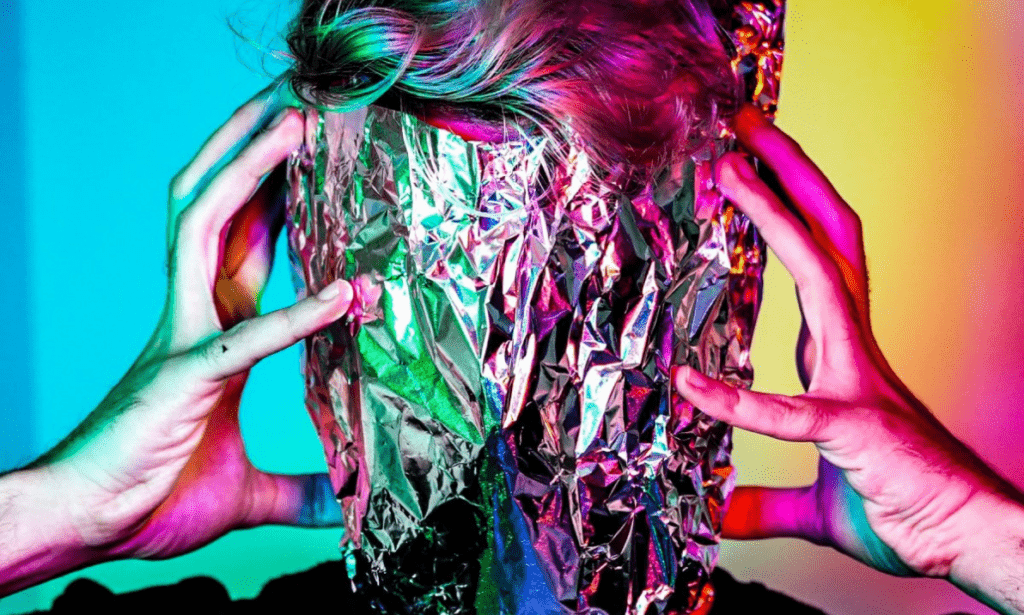We’ve all depended on stereotypes as a lazy way of interpreting certain aspects in our lives at some point. It is a normal phenomenon. However, when these stereotypes harm those around us, when they fail to accurately represent a painful reality for others, we must do our best to be well-informed about them, as well as unlearn them. In light of Mental Health Awareness Month, we have gathered for you a list of common mental illnesses that have been reduced to old stereotypes.
1. OCD means clean and organized
According to Webmd, Obsessive Compulsive Disorder is “a mental illness that causes repeated unwanted thoughts or the urge to do something over and over again.” It is a painful and unbearable disorder that agonizes every sufferer who endures it. It can often feel like your brain is attacking itself, an excruciatingly painful experience. It is true that some of those who suffer from it are characterized by cleaning or organization, but is not a cute quirk or a personality preference. It is incessant cleaning that is uncontrollable by the sufferer. In extreme cases, people end up spending long hours going through the same compulsion.

2. Psychotic means crazy
According to NIMH, psychosis is “used to describe conditions that affect the mind, where there has been some loss of contact with reality. It is a very confusing experience to those who suffer from it, and it is most definitely irrelevant to being crazy or insane.” Terms that have no valuable purpose in society.

3. Bipolar means moody
According to NIMH, bipolar disorder “is a mental disorder that causes unusual shifts in mood, energy, activity level, concentration, and the ability to carry out day-to-day tasks.” People with bipolar experience both episodes of severe depression or mania. It is a complex illness that causes depression and anxiety to its sufferers, and should not be referred to as the ‘moodiness of the weather.’

4. BPD means multiple personalities
Borderline Personality Disorder includes “self-image issues, difficulty managing emotions and behavior, and a pattern of unstable relationships,” according to Mayo Clinic. Those who suffer from it are often anxiously afraid of being abandoned, and experience severe anxiety. It has nothing to do with having more than one personality.
5. Anorexic means skinny
Eating disorders “are characterized by abnormal or disturbed eating habits,” according to Health Line. Those who suffer from it can experience uncontrollable binging and purging, or restrict their food intake beyond limits. Not everyone who suffers from an eating disorder has anorexia nervosa, as that is only one type of eating disorder. In addition, using it to suggest someone is skinny further undermines the agonizing experience of those who suffer from it on a daily basis.

6. ADHD means easily distracted
According to Health Line, Attention Deficit Hyperactivity Disorder is a “mental health disorder that can cause above-normal levels of hyperactive and impulsive behaviors.” To belittle it into an individual’s distractibility, is to simplify it beyond measure. As you can see, there are many mental illnesses that are severely misunderstood. In order to make those who suffer from them feel heard, we must adjust our approach to the way we talk about what they go through, regardless of how inconvenient it may be for some.





